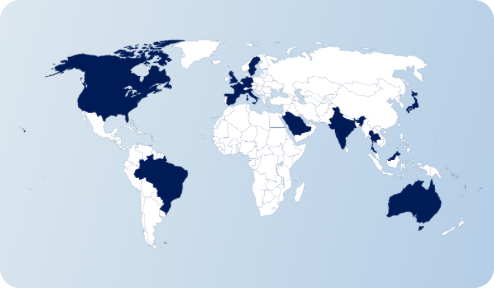Your desk can be a danger to your mental health
Just 15 minutes of movement can help to reverse the effects. Take a Desk Break to move your mind.
The Issue
The world is becoming increasingly sedentary. And the endless hours we spend working at our desks are impacting our mental health.


ASICS research found that State of Mind scores start to drop after only two hours of continuous desk-based working, and stress scores rise significantly after four hours, highlighting the need to take regular movement breaks.

In fact, just 15 minutes of physical activity can start to reverse the effects and help improve our mental wellbeing.
Join the #DeskBreak social challenge
Be part of the #DeskBreak movement and feel the mental benefits. Take a 15-minute Desk Break* and share an image of your empty desk with #DeskBreak. Every image shared will raise funds for mental health charities around the world.
Add the #DeskBreak sticker to your empty desk image and share it on social media.
* Employees are advised to check with their employer first before taking a Desk Break.

Make a Desk Break part of your working day
Across the world, ASICS is encouraging its office-based employees to move for their mental health by taking regular movement breaks.
Why not propose a Desk Break as part of your company’s working day to experience the mental benefits?
Download the simple Desk Break guide and use our email template to convince your company that you should be entitled to a Desk Break to move your mind.
See how ASICS is moving minds.
Discover our latest campaigns and incredible stories.
FAQ
Here you will find the most commonly asked questions about the campaign.
What is the Desk Break Campaign?
At ASICS, we believe in the power of movement, not just on the body, but also on the mind. And we believe that workplace mental wellbeing can be enhanced through movement. In fact, just 15 minutes of movement can have a positive impact on our mental state. That’s why we are encouraging office workers to take a break from their desks and move their minds. Just 15 minutes of movement can help to reduce stress and boost productivity.
What is a Desk Break?
A Desk Break is a daily 15-minute movement break taken during work hours. Whether it's a walk, a run, or simply stretching, this time is set aside to step away from your desk and focus on moving for your mind.
Why did ASICS conduct the Desk Break experiment?
Our 2024 State of Mind Study reaffirmed that the more people move, the better they feel. It also provided valuable insights on the impact of sedentary behaviour on our state of mind. Globally, State of Mind scores decline significantly after three to four hours of uninterrupted desk-based working. Recognising that society is becoming increasingly sedentary, we commissioned the Desk Break experiment to explore how short, 15-minute daily movement breaks can counteract the negative impact of prolonged desk work on mental health.
When did the experiment take place and how many people took part?
The experiment took place over two weeks, from July 15th to July 26th. 80 desk-based workers from 16 countries worldwide, including the UK, NL, US, Japan, Australia, and India participated.
Who was the experiment lead?
The experiment, including the data collection and analysis, was led by Dr Brendon Stubbs of King’s College London & the University of Vienna, a leading researcher in movement and the mind.
What did the experiment involve?
The Desk Break experiment tested the impact of 15-minute movement breaks on desk-based workers’ mental well-being, cognitive function, and perceived and objective stress levels. It compared subjective and objective measures of wellbeing during a baseline week (without 15-minute exercise breaks) and a trial week (with 15-minute exercise breaks), alongside daily self-reported wellbeing information. EEGs were used to monitor neural activity following a 15-minute movement break and compared it to neural activity after no movement breaks. This allowed us to visualise how exercise positively impacts the brain and reduces stress and anxiety levels. The study received ethical approval from King’s College London.
What personal data was collected and how was it processed?
The surveys were anonymous, and no identifiable data was collected and stored. All study data was held confidentially and securely and processed in strict compliance with GDPR requirements.









